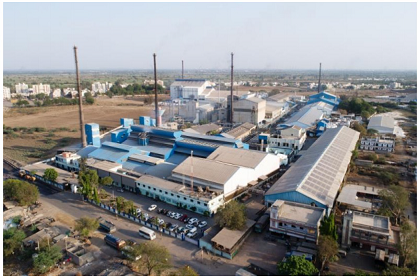C4i4 Pune: Taking MSMEs to Industry 4.0
C4i4 is a part of the Government of India's Samarth Udyog initiative, and aims to hand-hold micro, small and medium enterprises (MSMEs) in the journey towards digitisation. Though MSMEs account for 45% of manufacturing output and 40% of exports, almost 90% of them lack access to markets beyond their limited geography. C4i4 helps them scale productivity and quality, and compete in global markets.










